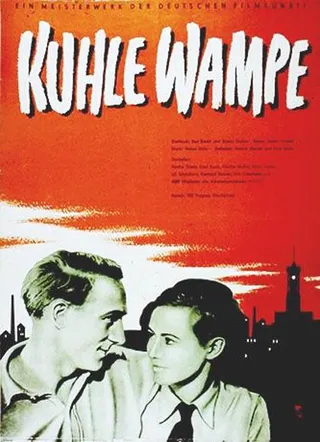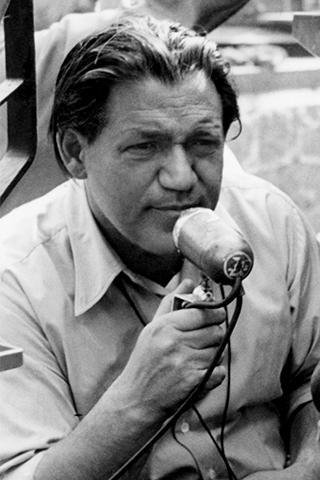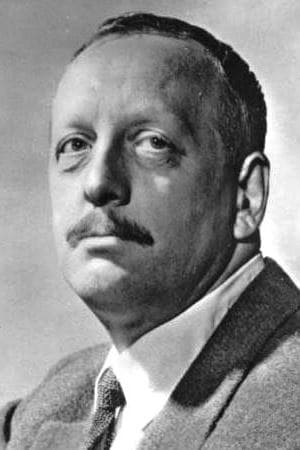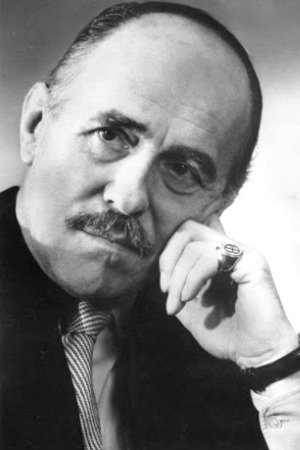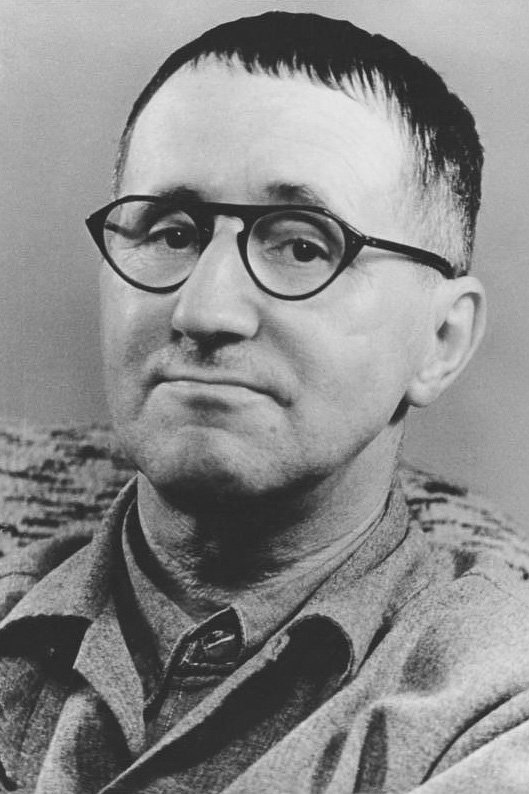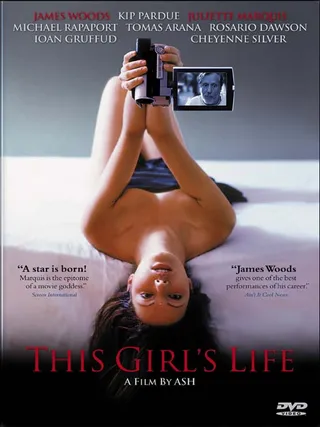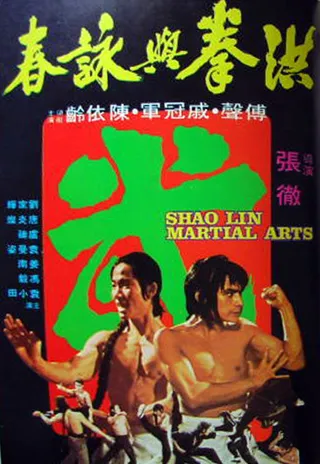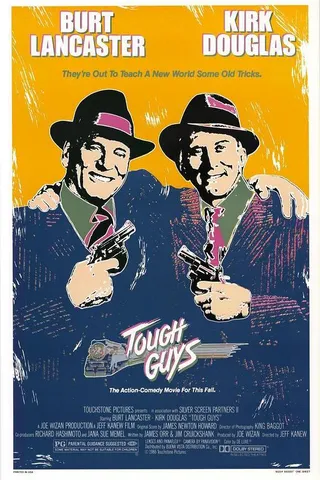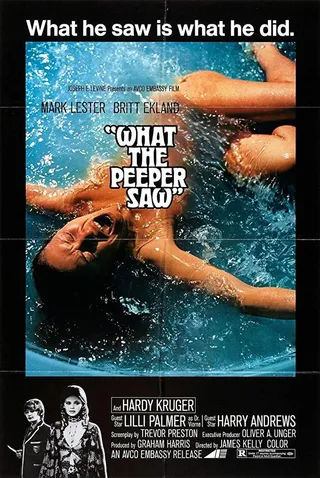世界在谁手中?
Kuhle Wampe oder: Wem gehört die Welt? (1932)
电影
德国
德语
剧情
Conceived by Bertolt Brecht at the political and artistic watershed of the waning Weimar Republic, Kuhle Wampe is remarkable for its enduring sense of immediacy and accessibility.
..
查看全部
Conceived by Bertolt Brecht at the political and artistic watershed of the waning Weimar Republic, Kuhle Wampe is remarkable for its enduring sense of immediacy and accessibility.
At the height of the Depression, Anni and her parents are evicted from their Berlin home and sent to Kuhle Wampe, a camp that now accommodates the ever-growing numbers of the dispossessed. Exquisitely photographed by Gunther Krampf, this 'semi documentary' combines inspired montage sequences with intimate realist and comic senses of Anni's family life. The film's dynamic score is by its composer Hanns Eisler.
The only communist film to come out of Weimar Germany, Kuhle Wampe was swiftly banned on Hitler's rise to power in 1933.
The film is followed by a video essay by freelance writer, former film critic and teacher Andrew Hoellering, the son of Kuhle Wampe producer Georg Hoellering. German dialogue.
导演:Slatan Dudow
编剧:贝托尔特·布莱希特
主演:恩斯特·布什
